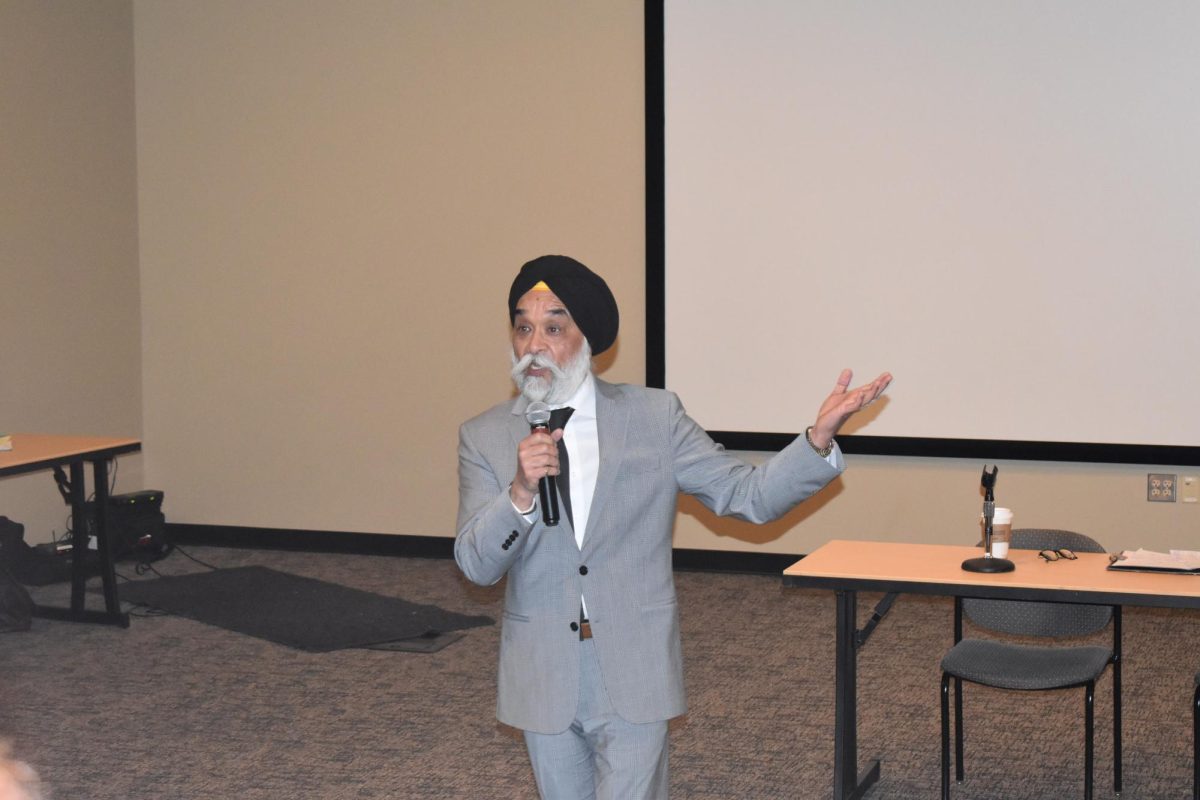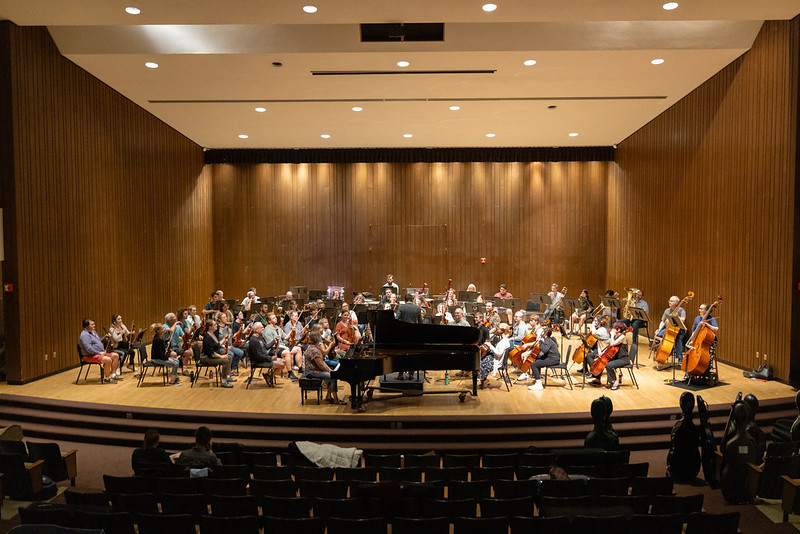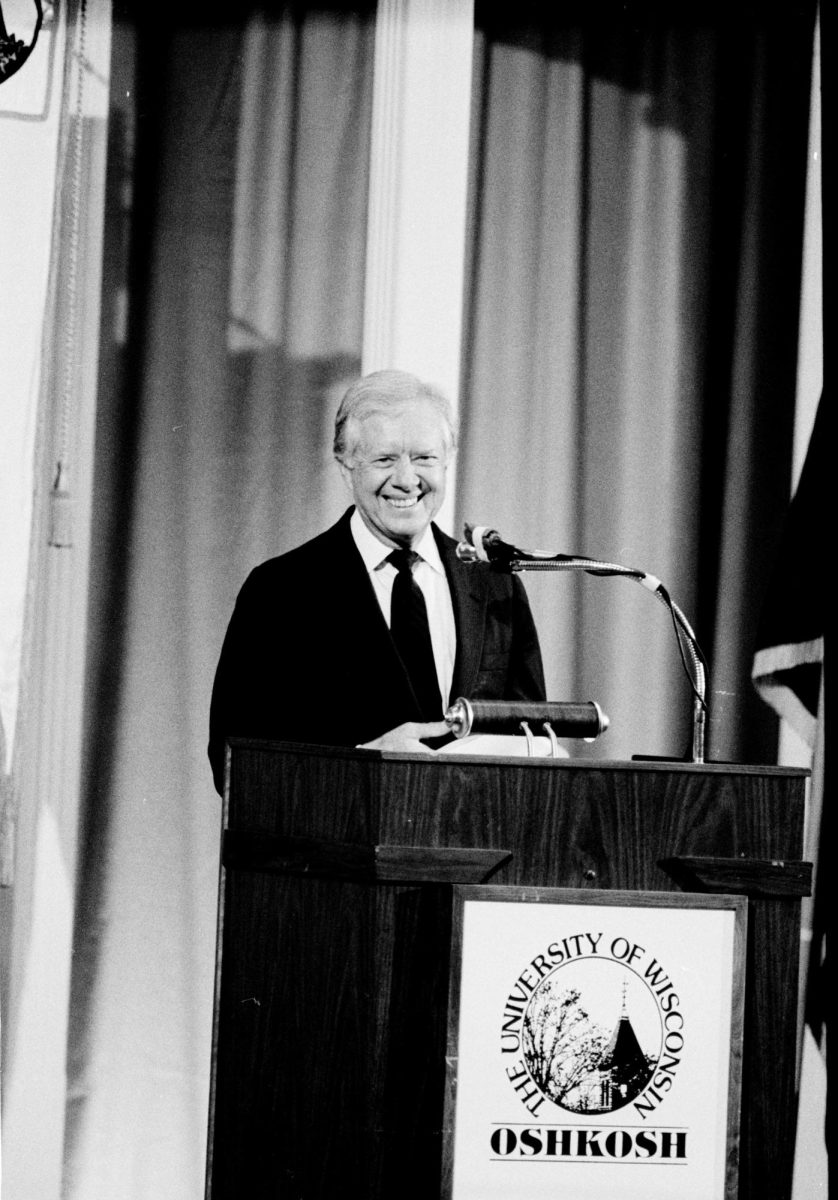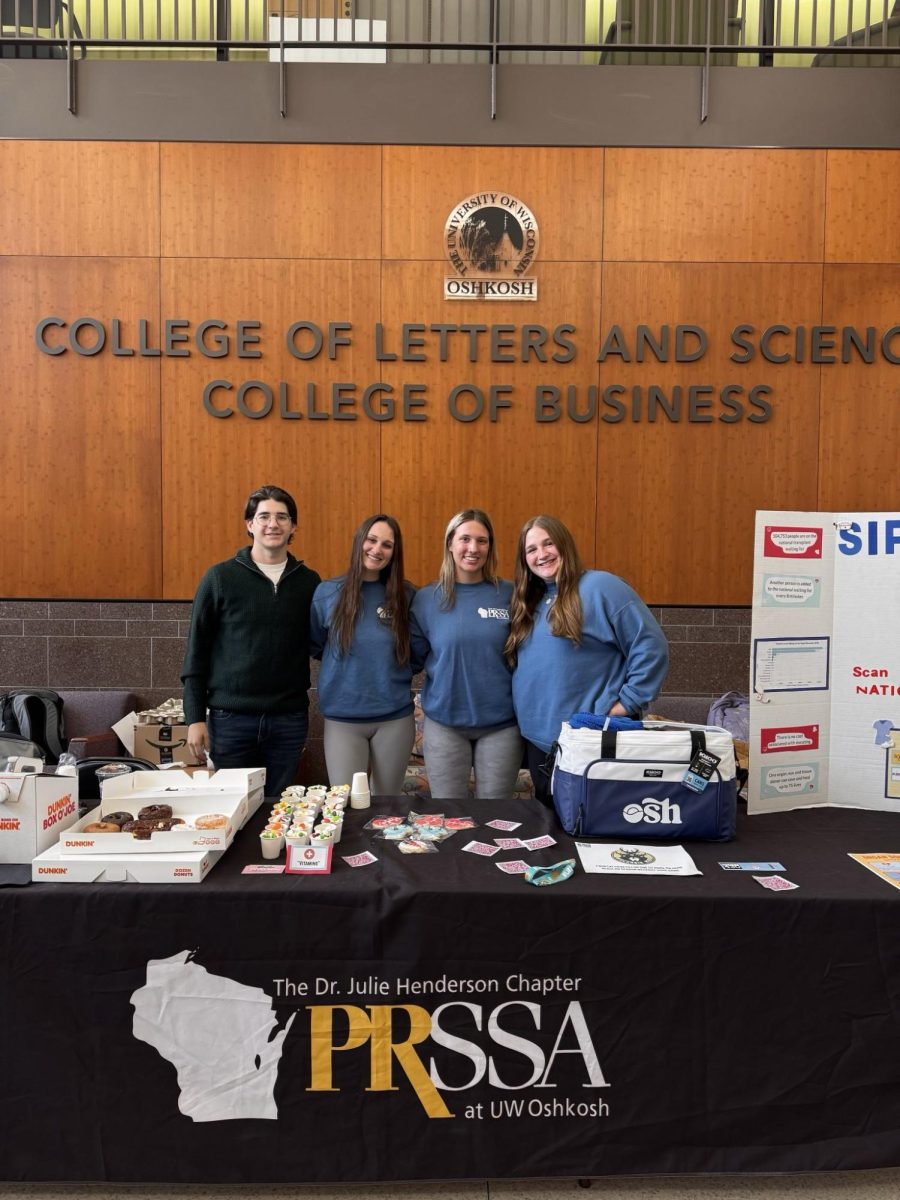The 18-person Universities of Wisconsin Board of Regents unanimously selected Manohar Singh to become the 12th chancellor of UW Oshkosh Tuesday afternoon, following a recommendation from the search and screen committee.
“I am moved by the passion of UWO students pursuing their dreams, the devotion of faculty mentoring them with compassion and rigor, and the dedication of staff ensuring student success every step of the way,” Singh said. “They are the reason I believe in the promise of this university—and the boundless potential of what we can achieve together.”
Singh, who will officially take over from current Chancellor Andrew Leavitt July 1, has served as interim president of Western Connecticut State University (WCSU), since 2023 after its president stepped down amid financial woes and a vote of no confidence.
Singh also worked as a dean at Southern Connecticut State University and has held leadership positions at Humboldt State University (California), Penn State University Abington and Long Island University Post (New York), along with teaching finance at numerous schools.
Singh earned bachelor’s and master’s degrees in economics from Punjab University in Chandigarh, India, as well as a master’s degree in economics from University of Waterloo in Ontario, Canada. He also earned a Ph.D. in finance from Southern Illinois University in Carbondale, Illinois.
Universities of Wisconsin President Jay Rothman and Regent President Amy Bogost both said Singh’s background in finance and administration will benefit UWO.
“As a first-generation college graduate, Singh believes in the power of higher education to improve lives and is a collaborative leader who builds consensus,” Rothman said.
“Dr. Singh’s ability to focus on student success while balancing the books will be critical at UWO” Bogost said. “His track record in Connecticut of navigating enrollment and financial challenges is impressive.”
During an open forum inside Reeve Memorial Union April 8, Singh said that collaboration and strategic decision making can help UWO get back on track financially.
“The strength of an institution is not the buildings, the assets, not even the money,” he said. “The strength of an institution is the people that we have. And I really mean it.”
Singh said he sees a lot of potential in UWO’s trajectory in the coming years.
“You have done a lot of hard work, a lot of work that requires sacrifices,” he said. “The entire higher education landscape in this country and, to some extent, globally, is facing very deep financial, structural deficits and enrollment declines, general skepticism.”
Singh said that, as part of his roles in higher education, he often found himself collaborating with the community.
As dean at Humboldt State, Singh said he was tasked by the president to reestablish a program, which involved fundraising a $10 million endowment.
“We collaborated with local hospitals, local insurance companies, … local legislators from within the state of California,” he said. “Within six months, we were able to hit that target.”
Singh said that this was only possible because of collaboration with the community.
“It does take a village, and that’s my favorite thing to say,” he said.
Singh said that collaboration within the university, including shared governance, is crucial to success. When he joined WCSU, a survey scored the previous year’s shared governance as a 3.6. After one year, it’s up to 6.9.
“There has to be a goal, a vision, that everybody feels is their vision; it’s a shared vision,” he said. “Especially if you are in financial turmoil. … The biggest thing is, the leader must be having a thoughtful blueprint in mind, which can be offered to faculty, staff, students, stakeholders, foundation board, Board of Regents, chancellor’s office.”
At WCSU, Singh said he oversaw the elimination of the deficit from $12 million to $4.5 million in the first year. Additionally, Singh said enrollment is up by 10.1% from spring-to-spring.
Singh said that facilitating conversations and communicating played a large role in building effective, strategic plans to overcome the problems facing higher education, such as financial and enrollment difficulties.
“Be the leader who can facilitate the conversations,” he said. “Be the leader who can communicate transparently. Show integrity as a person and as a commitment to the vision. Be humble enough to seek support.”
Singh pointed to affordability, accessibility, program innovation and retaining students once they’ve been recruited as the four key points behind his success.
He also said that being visible to the campus and the community at large and providing students with a sense of belonging has helped him drastically improve retention.
“[My students] demand boldly what they need,” he said. “That’s an important thing. Can they boldly ask for something? … They feel empowered; they want to continue.”



















